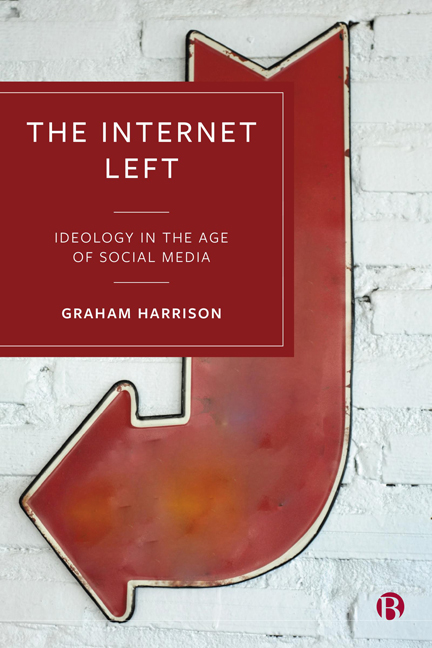Book contents
2 - Chaos, Crisis, Decline, Contention
Published online by Cambridge University Press: 03 April 2024
Summary
Our times of re/insurgent politics
How recent, how long ago
We live in a time when the deadening aesthetics of the end of history seem very remote. This was a period, not so long ago, in which politicians, public intellectuals, and academics set the mood of the times as one characterised by a dissipation in political energies. This was the political tone of the 1990s in much of the West.
Francis Fukuyama – often caricatured and perhaps less often read – saw politics as historically transformed by the ascendance of liberal democracy and capitalism. For Fukuyama, liberal democracy and capitalism are not the coordinates of a geographically and historically sited political settlement; rather, they are the historical resolution of universal and transhistorical dialectics. These dialectics are in part material – what Fukuyama calls The Mechanism – and cultural – what he calls thymos, or, the struggle for recognition. The broad blush of history that Fukuyama rushes through moves towards a clear telos: that Historic contestations between ideologies are almost entirely ended.
Once peoples and societies identified with the market, individual rights, and the vote as ways to channel their desires, politics does not disappear but rather no longer generates the tectonic battles of major rivalrous ideological systems. The ideological global contest of liberalism against communism ended with the latter’s collapse, ushering in a politics of individual choice and minimal liberal rights written into constitutions. This is how Fukuyama identifies a Hegelian-styled end of history: as the passing of major ideological contention and some form of unification that spelt the end of major political contention. It is not that the world becomes liberal democratic, it is that this is the only progressive future they might advance towards. It is not that violence and social instability absent themselves from the world, it is that the order of these disturbances does not offer up any Historical possibility. There is an impression of bathos in Fukuyama, who sees a kind of worldhistorical victory ushering in a form of political quiescence and perhaps banality, a banality that leads him to conclude his book with the image of a settler community looking around and wondering what’s next. Fukuyama’s claim on history has been commonly refuted and revised, not least by the author himself. But, others have also characterised the sweep of history as the sweeping away of ideological combat in that period and afterwards.
- Type
- Chapter
- Information
- The Internet LeftIdeology in the Age of Social Media, pp. 10 - 31Publisher: Bristol University PressPrint publication year: 2023



